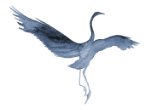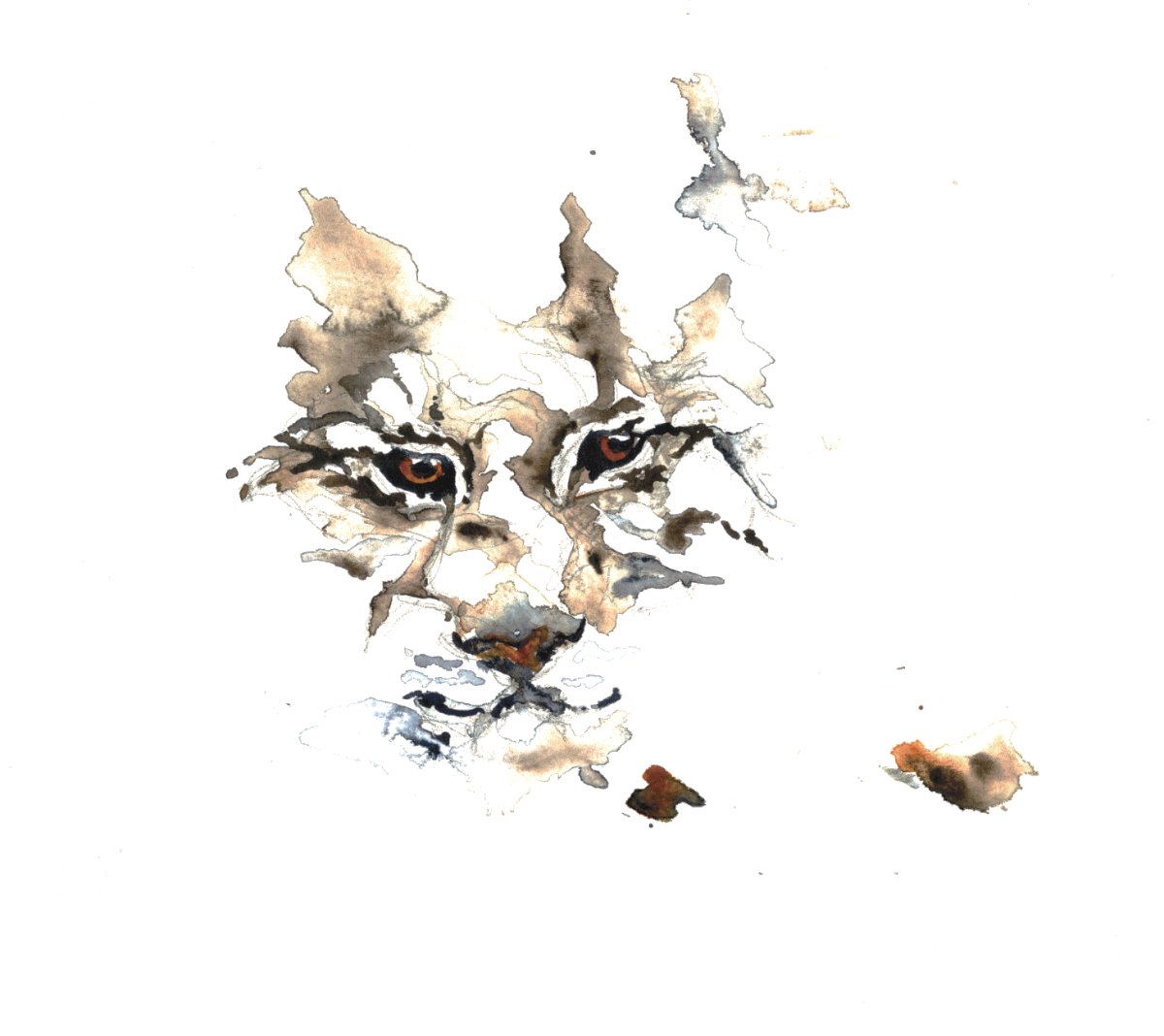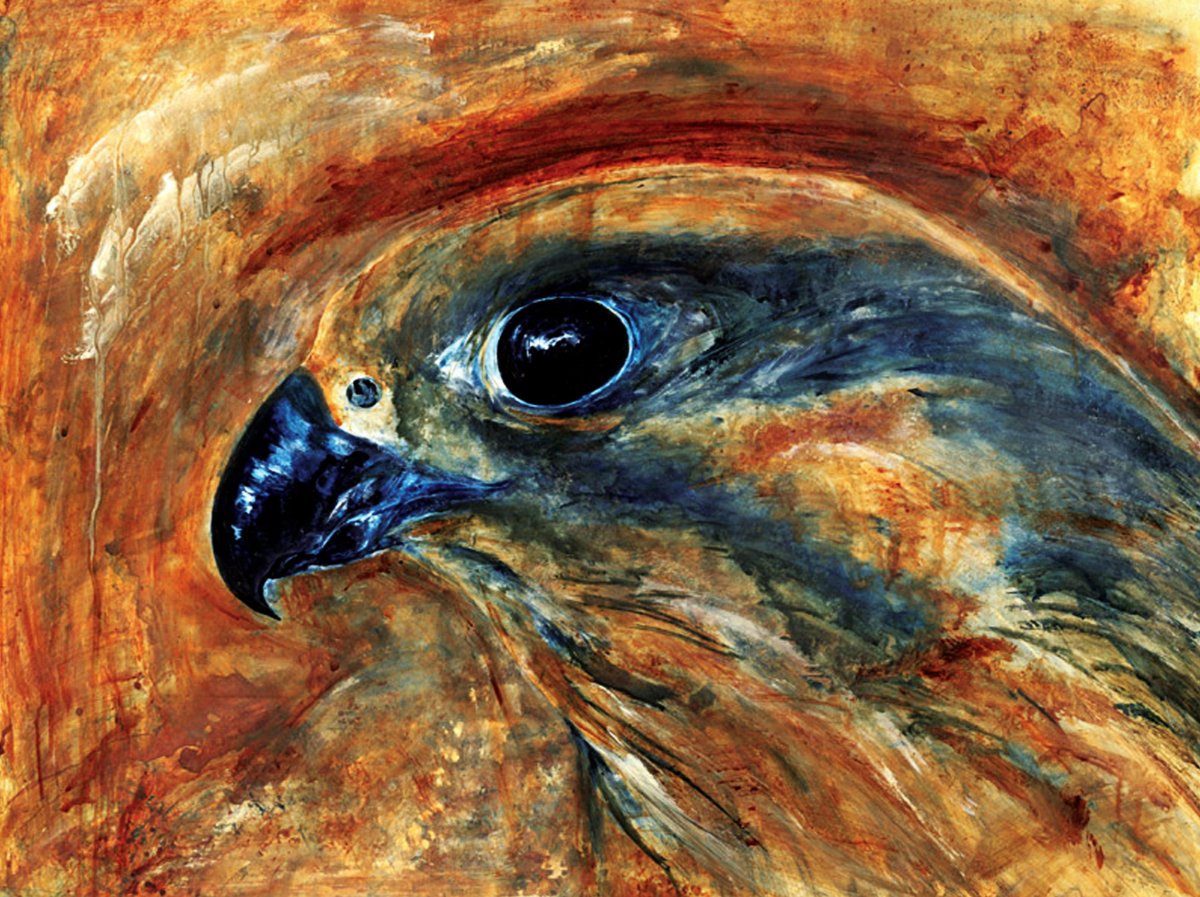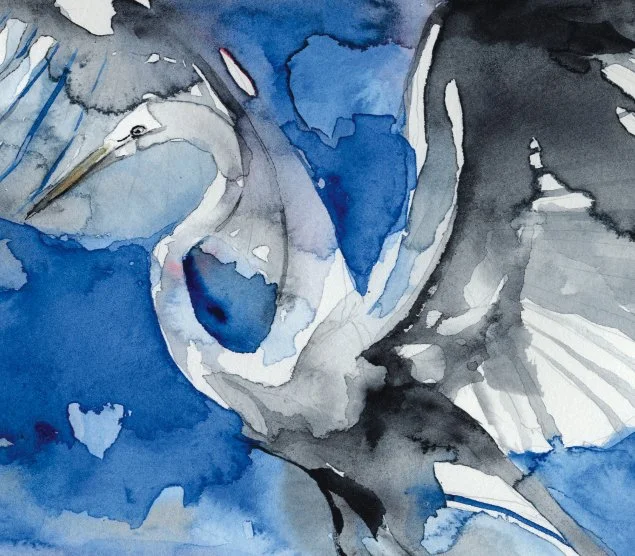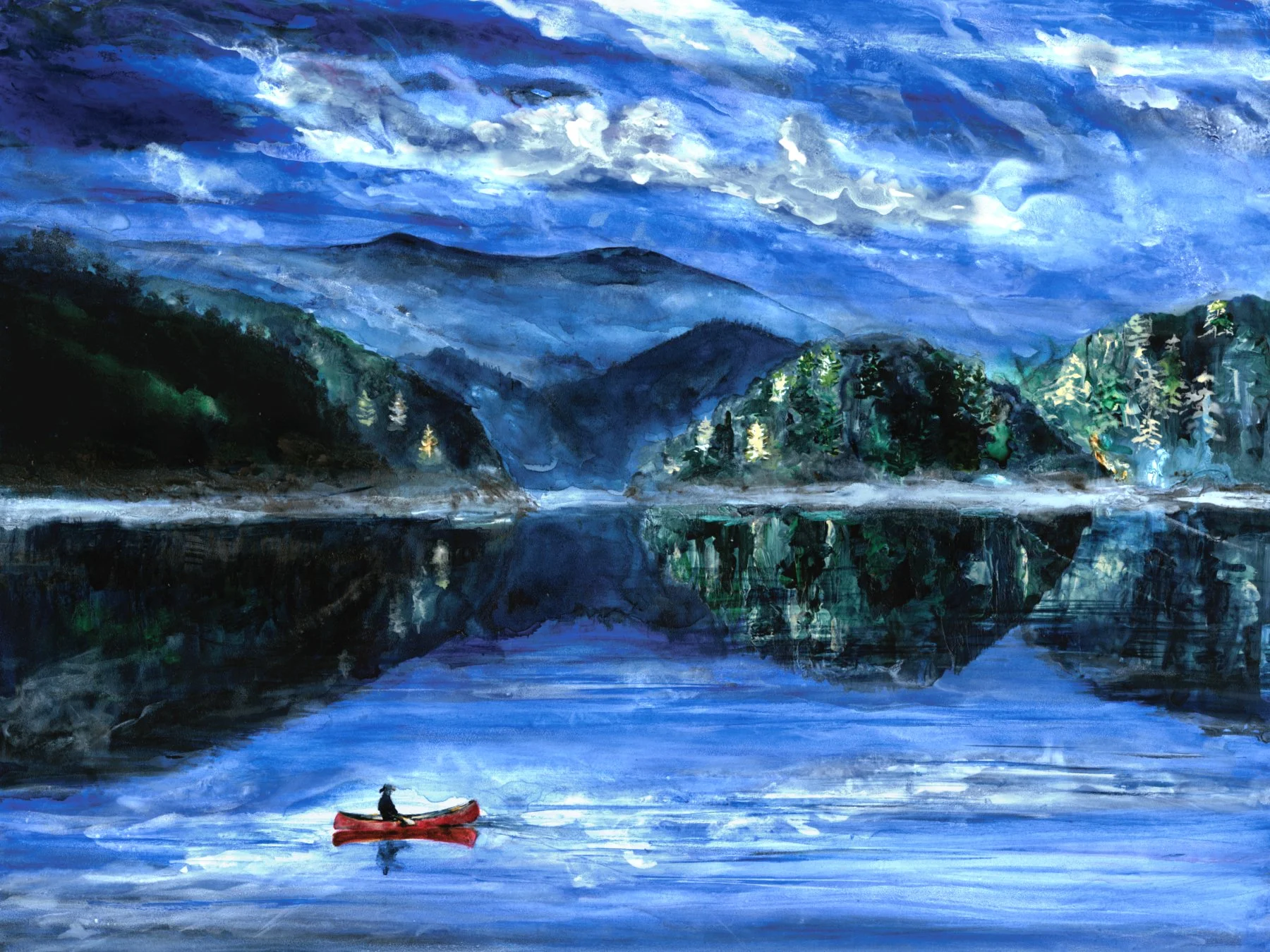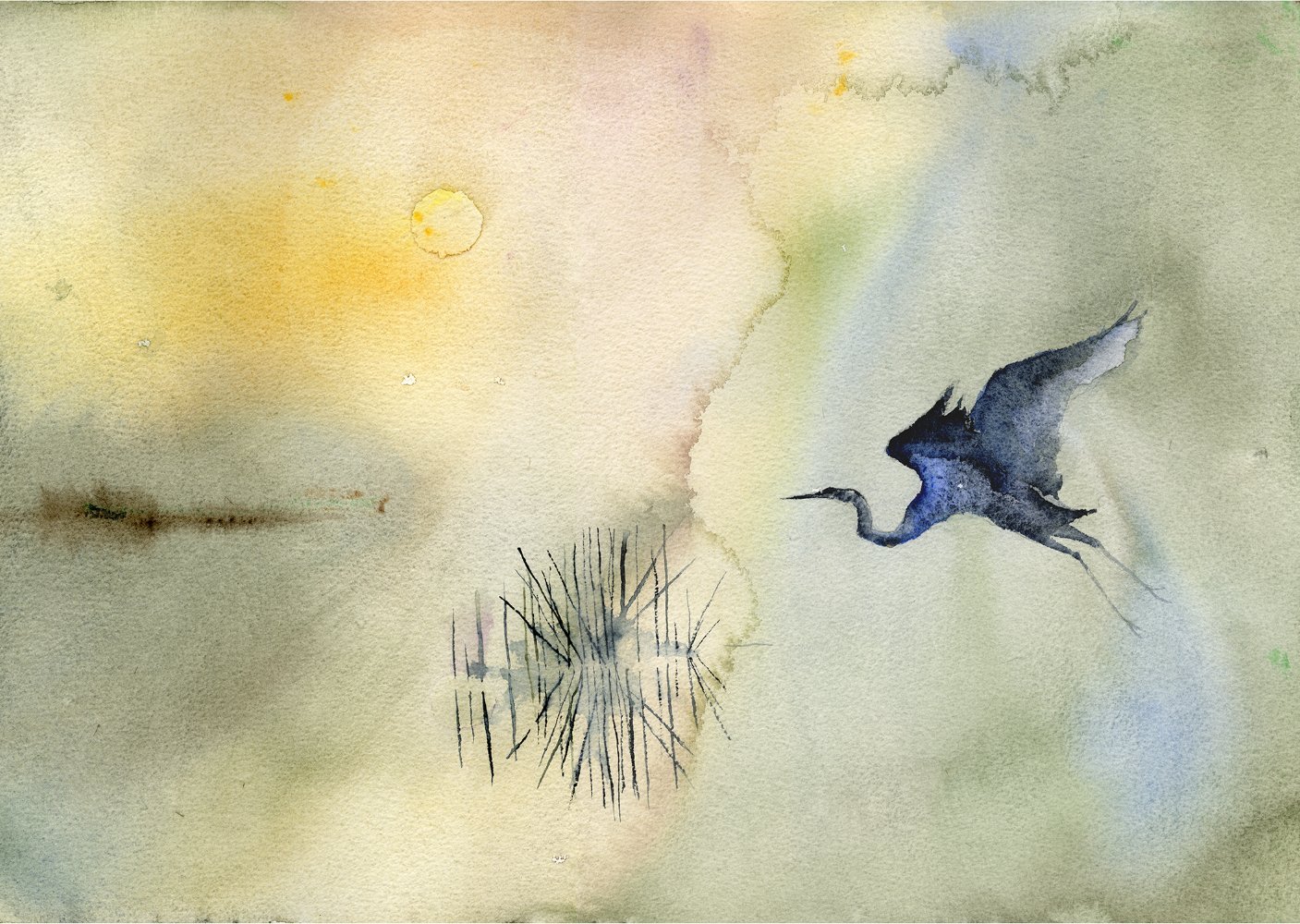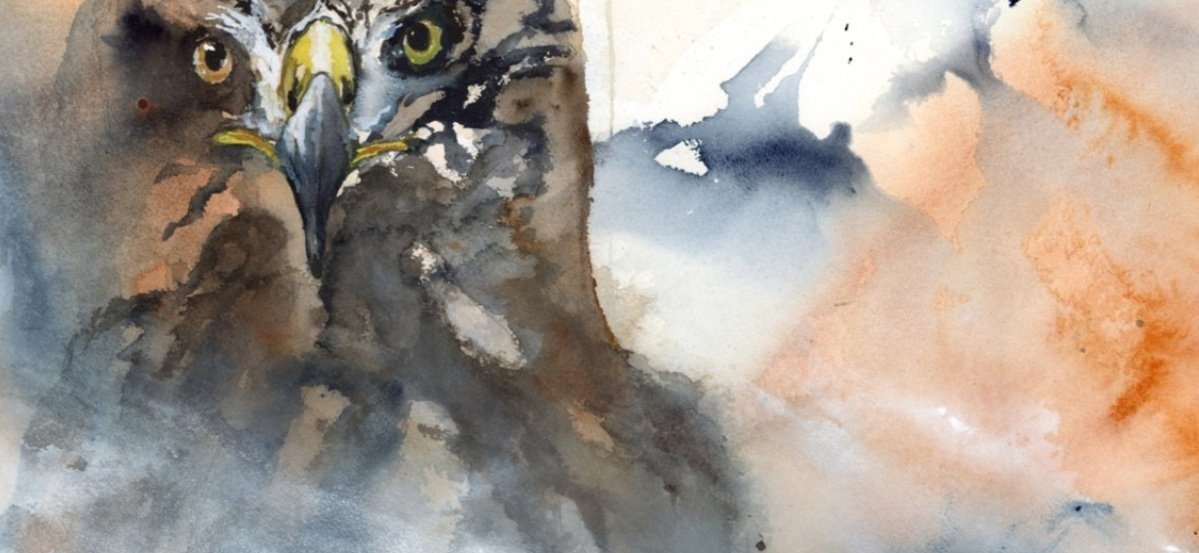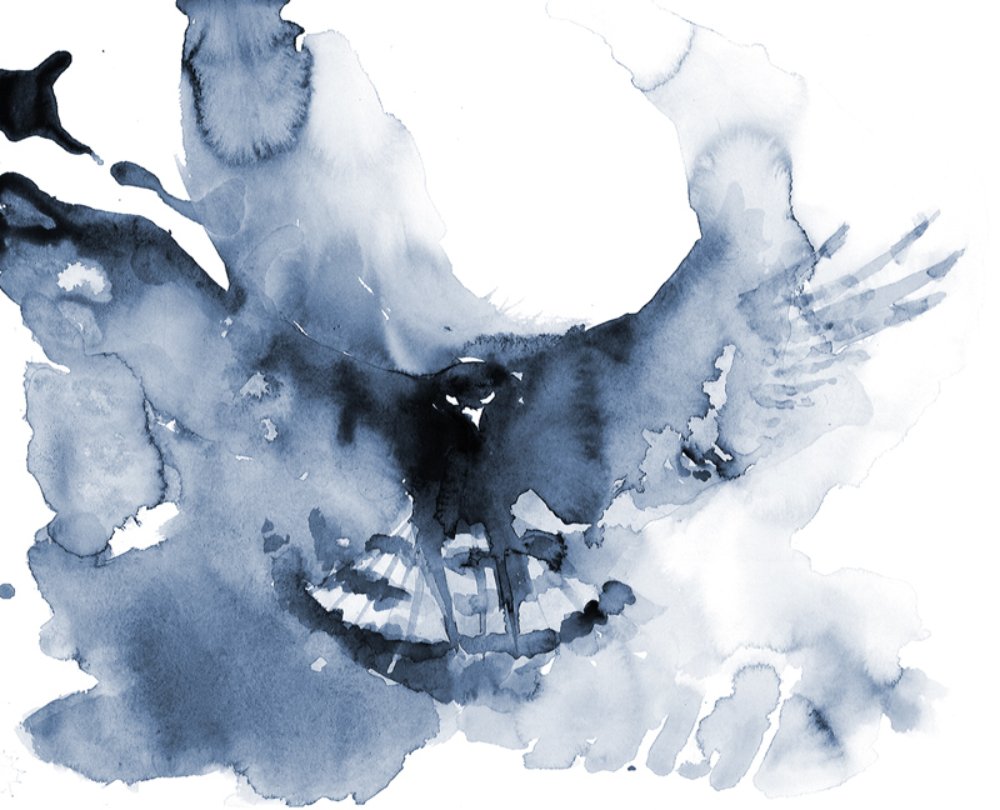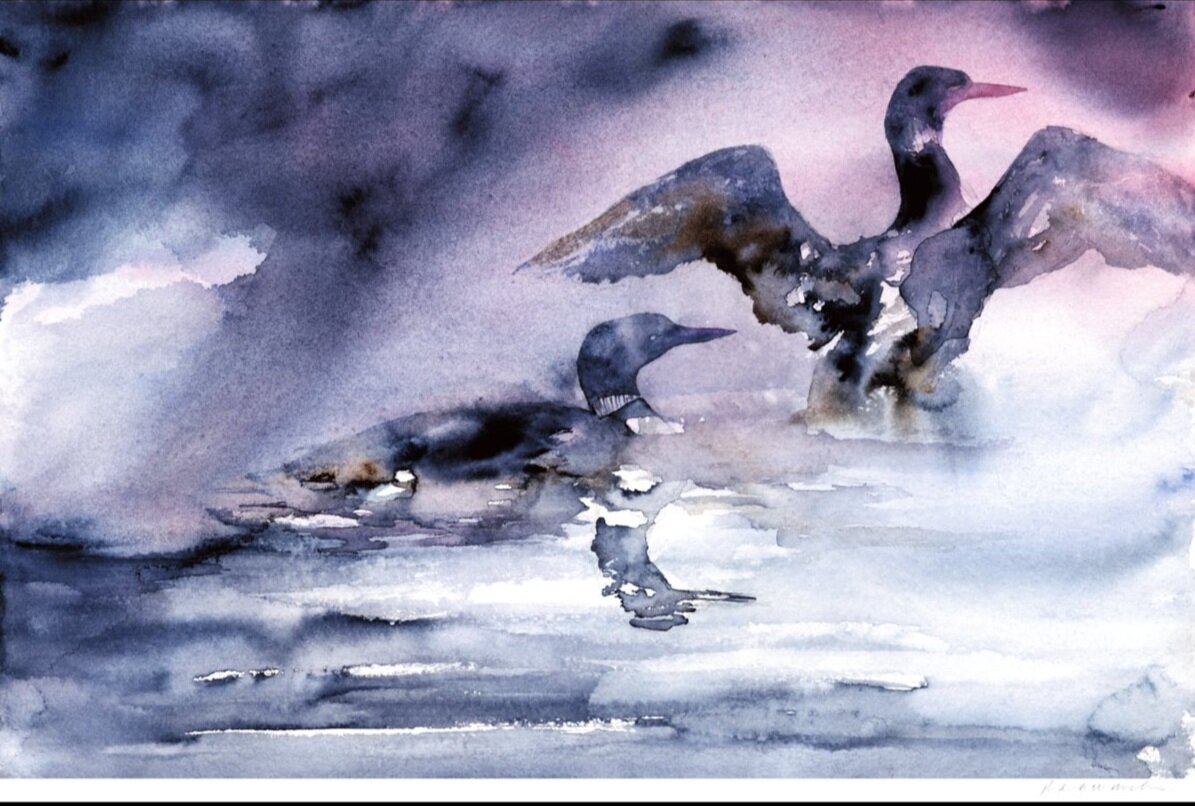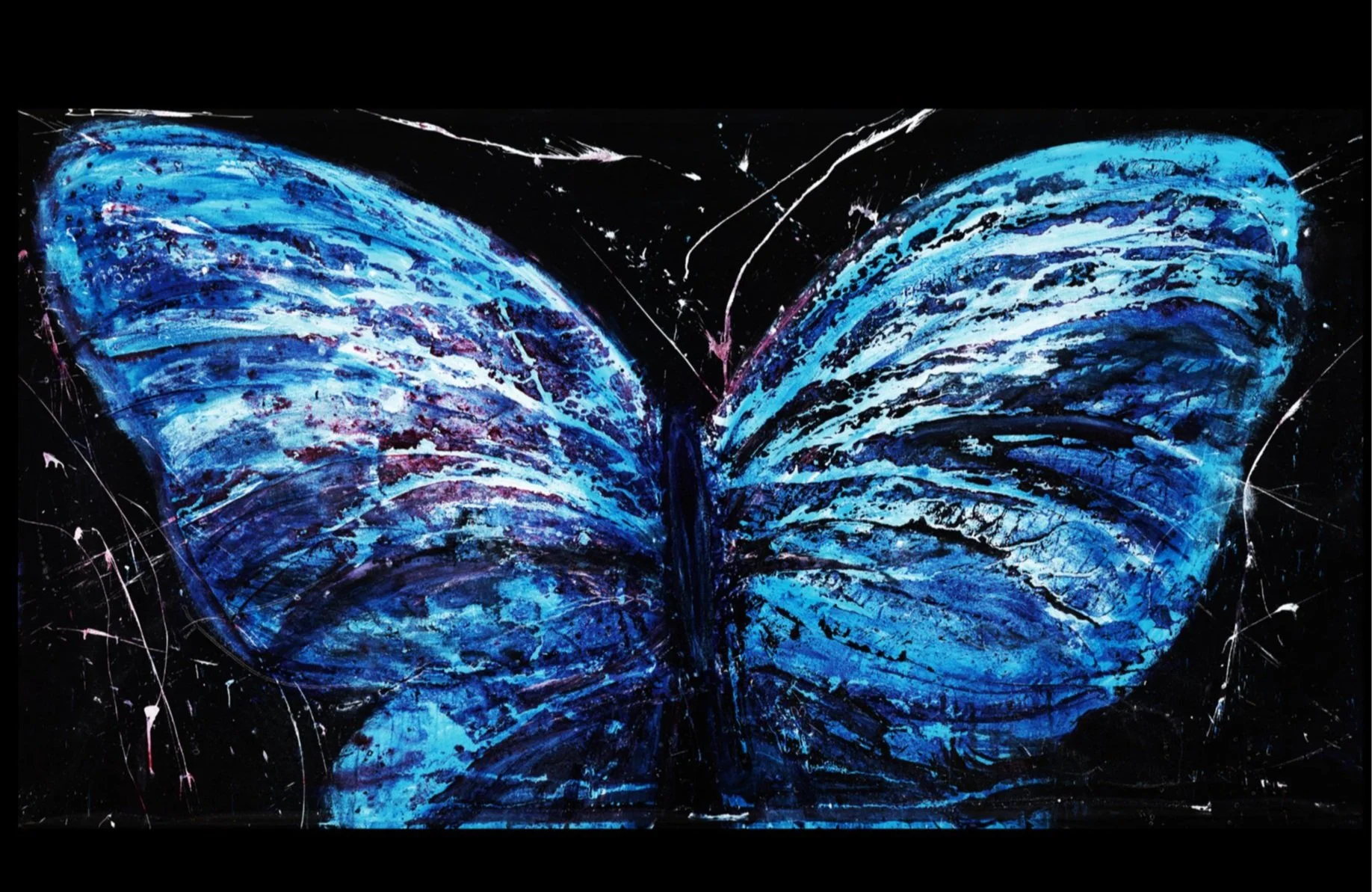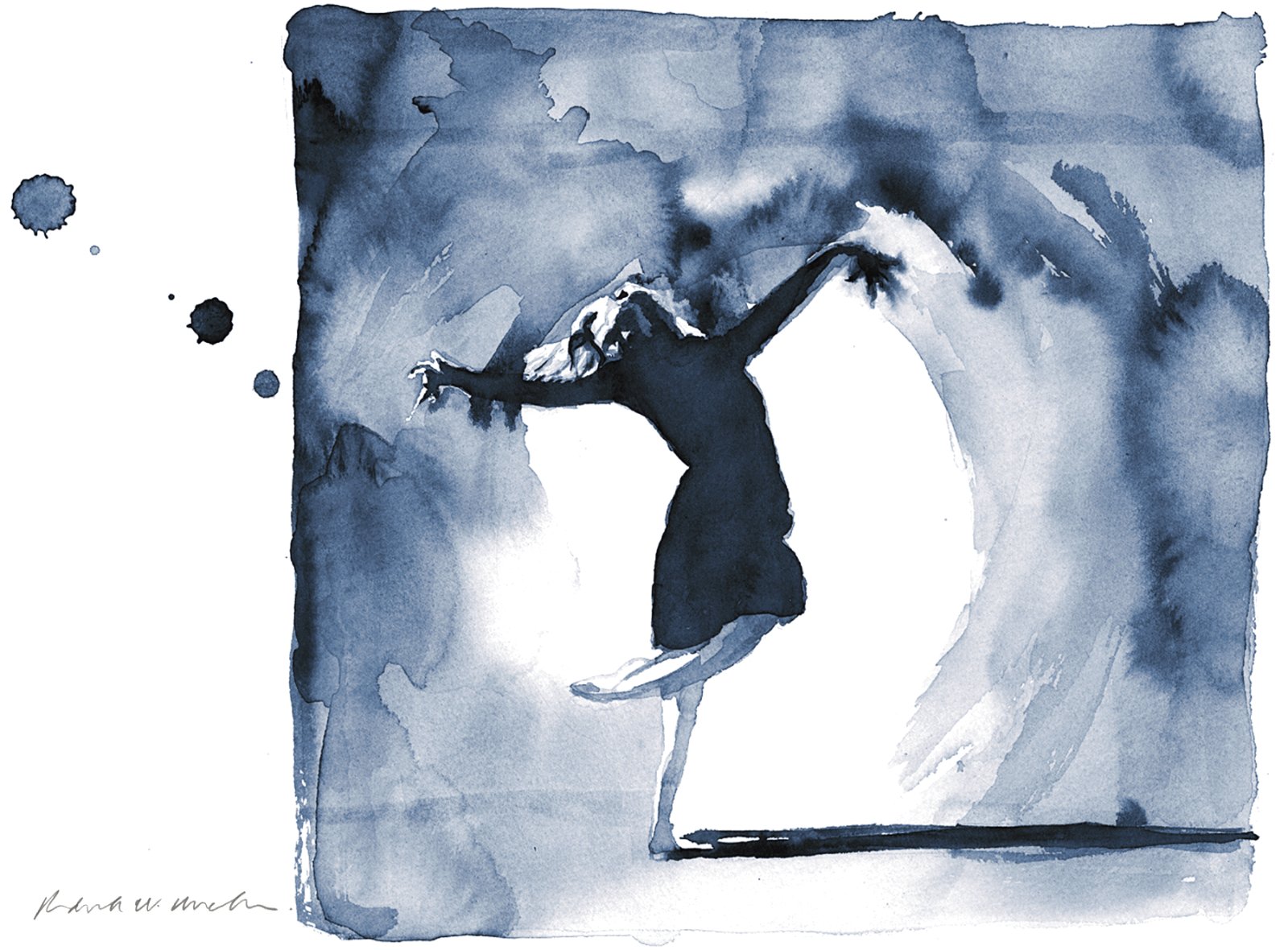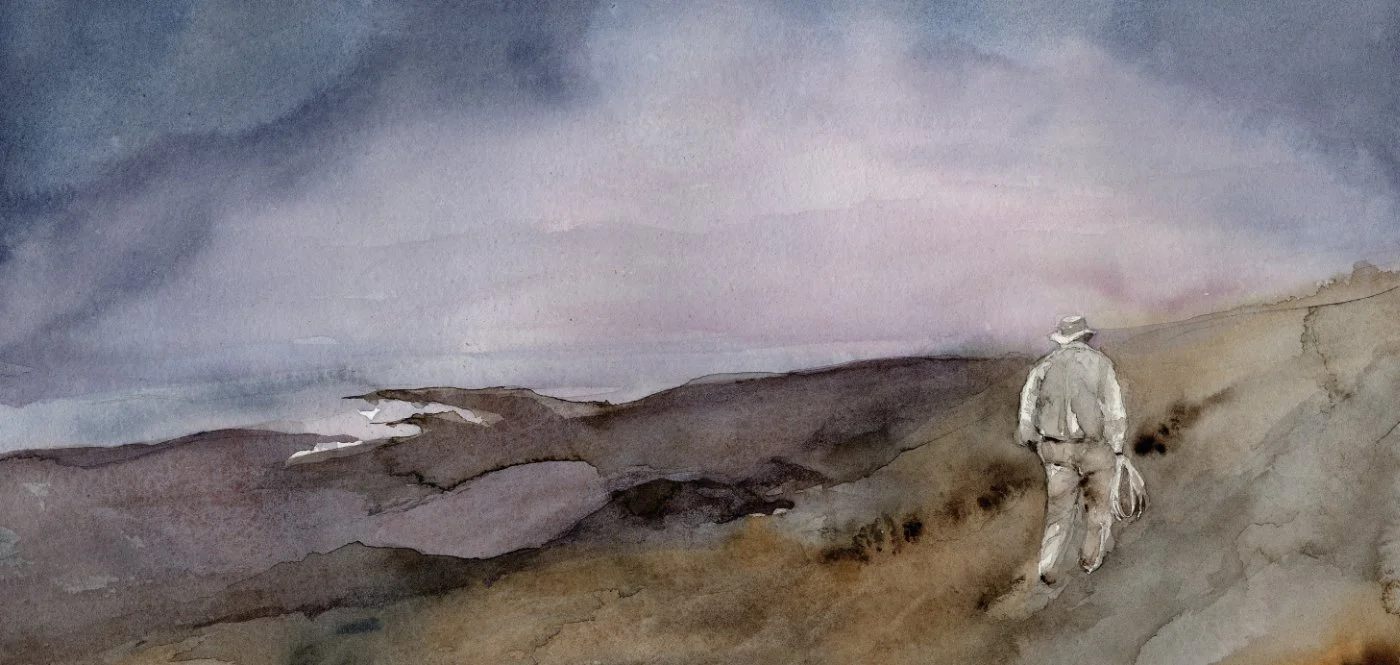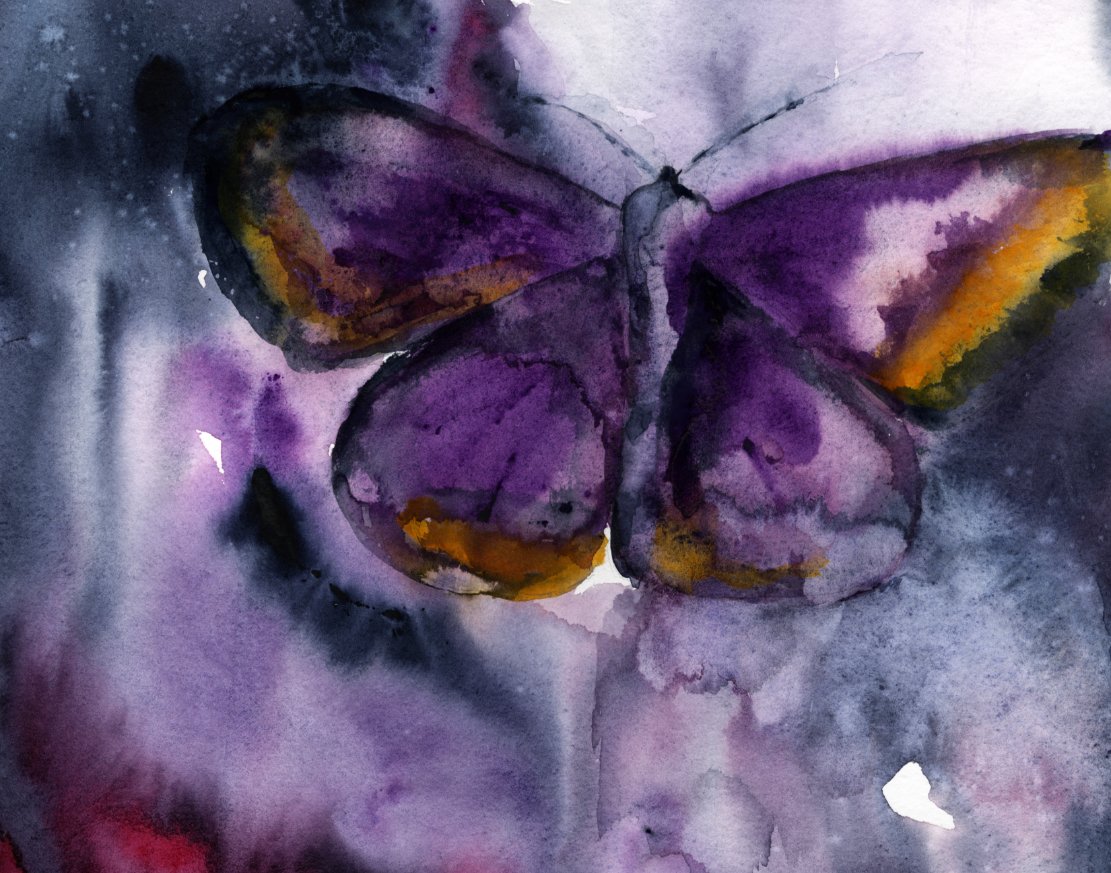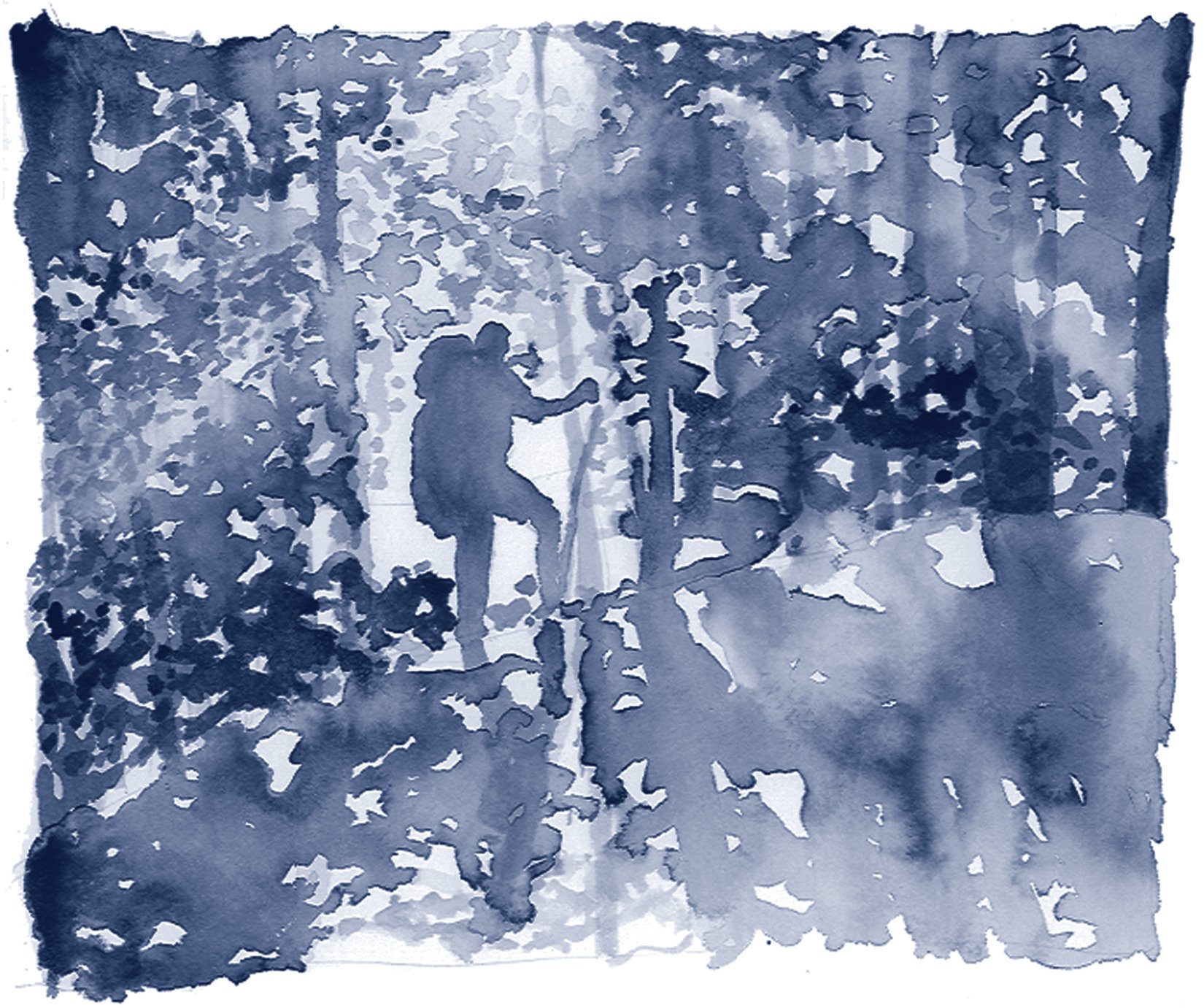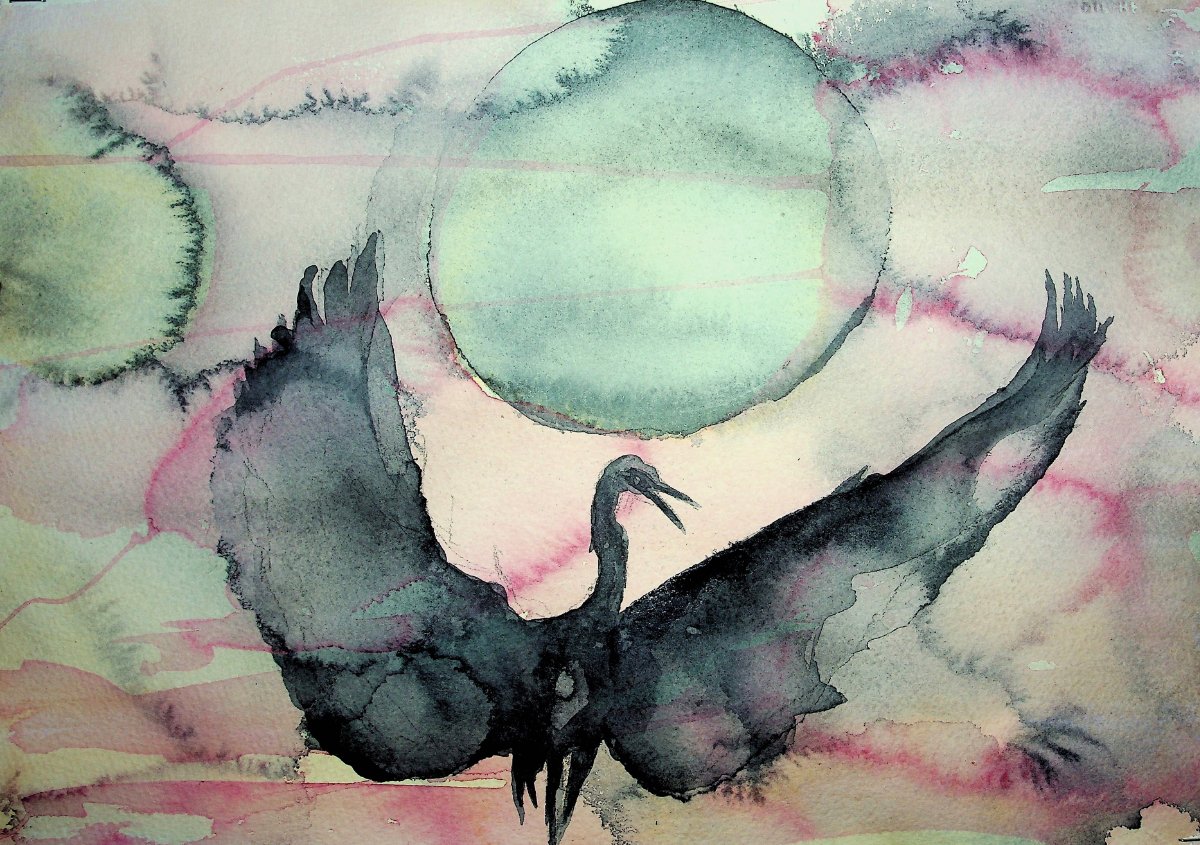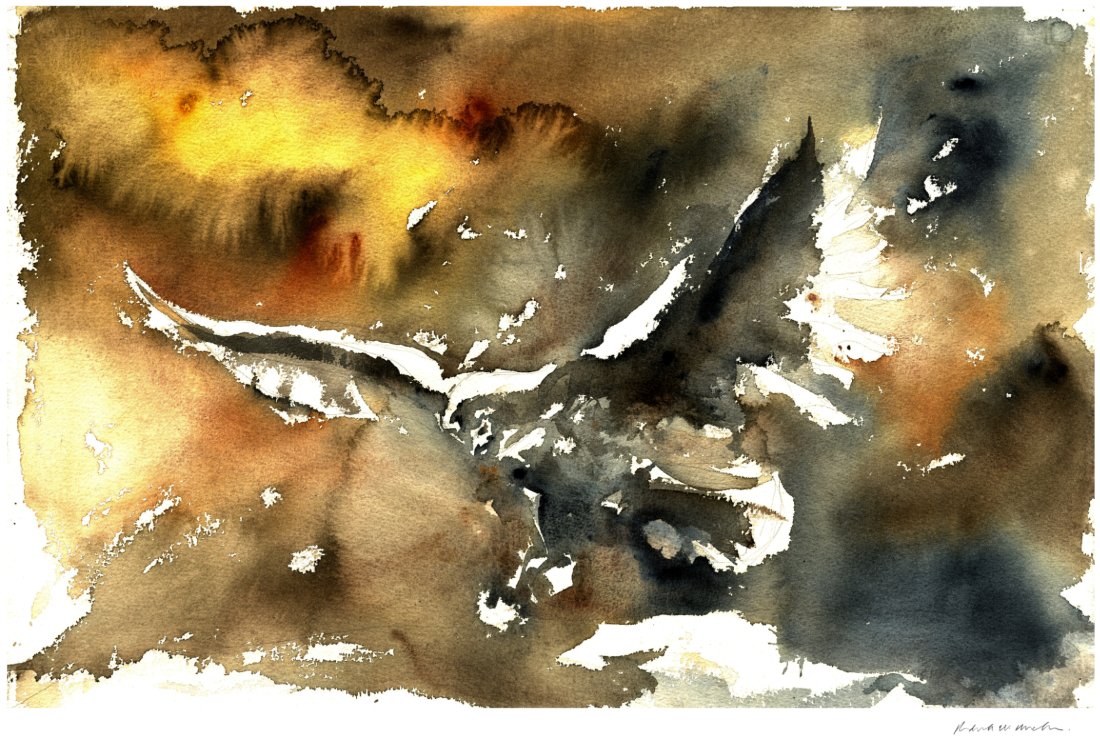
The Song Within:
An inspirational art journal.
A balanced life is based on its own rhythm. If you don’t set your own rhythm, and have the discipline to follow it, your life will move at the speed of the culture around us, which moves too fast. The space we make for quiet time affects our thought patterns and, in turn, the quality of our lives. It is important to bring thought to this most crucial area of our lives.
Journaling Questions:
- To what extent is the rhythm of your life a result of careful thought? Or is it one imposed by the flow around you?
- Does the rhythm of your life grow out of a still point, a place of quiet reflection?
And Vincent Van Gogh on the universal rhythm, Thoreau on the relationship between rhythm and wisdom, Thomas Merton on rhythm and happiness, Virginia Wolfe on rhythm and writing, PG Downs on the rhythm of wilderness and Tom Wisner on writing, singing and living the fundamental rhythms of the Chesapeake Bay . . .
Visit here to read the rest of this Pause For Beauty. Visit here for April Pause For Beauty posts.
How would you describe the current of energy, the life force inside you, that is seeking to grow? Our most important relationship is our relationship with ourself, with our interior world. What do you do to nurture that relationship? How you nurture that relationship will determine the quality of your life. What we call fate does not come to us from outside; it goes forth from within us. - Rainer Maria Rilke There are many pathways in this life and it doesn't matter which one you take, for they all have a common destination, and that is the grave. But some paths give you energy and some take it away. - Cervantes . . .
Visit here to read the rest of this Pause For Beauty. Visit here for April Pause For Beauty posts.
Who are you? How would you describe yourself? Who do you want to be? How do you account for the difference? What is keeping you from living the life you want to live? And so, the Fifth Law of living life on your own terms: Know whether you are following your bliss or attempting to exorcise the demons of your childhood. Journaling can be an invaluable aid in thinking this all through, in identifying the patterns – those that have been helpful and those that have repeatedly been associated with setbacks. Imagine your life as a person, and ask it the questions below. Imagine a friend, someone who knows you well and loves you deeply, and who wishes only the best for you. Ask that person, imaginary or real, the questions below. If the answers you get back are uncomfortable, that’s good. Journaling Questions ● What are you living for? ● What do you want to live for? ● What is keeping you from living fully for what you want to live for? Somewhat related, though only tangentially, for those engaged in creative work: ● How would you describe your creative work? ● If your creative work was everything you think it could be, how differently would you be describing it? ● What is keeping you from creating that potential? . . .
Visit here to read the rest of this Pause For Beauty. Visit here for April Pause For Beauty posts.
Published in 1963, Markings was the only book written by Dag Hammarskjöld, a UN secretary general. The journal was discovered after his death, with a covering letter to his executor describing it as "a sort of White Book concerning my negotiations with myself -- and with God." Hammarskjöld died in a mysterious plane crash while on a peace mission in Africa. The CIA attributed the crash to the KGB. There’s an interesting description of Hammarskjöld life on Wikipedia here. Markings intermingled prose and haiku poetry in a manner similar to the 17th-century Japanese poet Basho in his Narrow Roads to the Deep North. It was an unstructured journal in which he recorded the main points in the movement of his life. His journal chronicled the important turning points and events in his life including some that were painful and involved the failure of important projects.
I don't know Who ‑- or what -‑ put the question, I don't even know when it was put. I don't even remember answering. But at some moment I did answer Yes to Someone ‑ or something ‑ and from that hour I was certain that existence is meaningful and that, therefore, my life, in self‑surrender, had a goal. We are not permitted to choose the frame of our destiny. But what we put into it is ours. He who wills adventure will experience it—according to the measure of his courage. He who wills sacrifice will be sacrificed — according to the measure of his purity of heart. . .
In our age, the road to holiness necessarily passes through the world of action.
The longest journey is the journey inward.
- Markings, Dag Hammarskjöld
For more from Hammarskjöld's journal, and Thorton Wilder, see the rest of this Pause For Beauty: http://www.herondance.org/markings
Within each of us, there is a silence, a silence as vast as the universe. And when we experience that silence, we remember who we are . . . It is a paradox that we encounter so much internal noise when we first try to sit in silence.
- Gunilla Brodde Norris
Combining journaling and meditation is an act of self-love, self-referral and self-healing. Friendship with yourself, with your quiet interior, is the basis of resourcefulness. A friendship with your quiet interior allows you to better understand the patterns of your life. A special power comes from diving deep into that world and accessing the wisdom it contains. It is a place of wisdom and peace but our relationship with it requires nurturing.
. . . Visit here to read the rest of this Pause For Beauty. Visit here for April Pause For Beauty posts.
But praise. By any name or none. But praise the white original burst that lights the heron on his two soft kissing kites. When saints praise heaven lit by doves and rays, I sit by pond scums till the air recites Its heron back. And doubt all else. But praise. - John Ciardi, The White Heron (1958) Also Frederick Remington on the dignity of old Indians and my discussion of the use of guides in journaling, and the story of one.
. . .
Visit here to read the rest of this Pause For Beauty. Visit here for April Pause For Beauty posts.
In orbiting the sun, the earth departs from a straight line by one-ninth of an inch every eighteen miles – a very straight line in human terms. If the orbit changed by one-tenth of an inch every eighteen miles, our orbit would be vastly larger and we would all freeze to death. One-eighth of an inch? We would all be incinerated.
- From Science Digest
. . .
To read the rest of this Journaling Note, visit here.
Journaling: Nurturing The Song Within
Thoreau wrote about living deep and sucking the marrow out of life
I went to the woods because I wished to live deliberately, to front only the essential facts of life, and see if I could not learn what it had to teach, and not, when I came to die, discover that I had not lived.
- Henry David Thoreau, Walden, “Where I Lived, and What I Lived For,” 1845
Heron Dance is for people who want to suck the marrow out of life, and who are open to the proposition that the important insights, the big answers, live inside themselves. Sometimes deep inside.
. . .
To read the rest of this Journaling Note, visit here.
Before the outward journey, an inward journey
The longest journey is the journey inward.
- Dag Hammarskjold
The process of life, poetically speaking, is a passing between dream and reality, and the mark of anyone I could ever trust or care for, is that he would never presume to say which is which.
- Modean Gill, via David Lee, So Quietly The Earth
. . .
To read the rest of this Journaling Note, visit here.
There’s a parable in the ancient Vedic scripts of two birds sitting in a tree. One bird chatters and eats figs, while the other looks silently on. The silent bird represents the wisdom and silence deep within each of us.
. . .
To read the rest of this Journaling Note, visit here.
Of the entities I consult, I most often seek advice from the entity I imagine as my creative work.
I enter a meditative state, imagine my work as an entity, and ask it questions.
. . .
To read the rest of this Journaling Note, visit here.
What does that image have to tell you?
What does it want to tell you?
Penetrating so many secrets, we cease to believe in the unknowable. But there it sits, nevertheless, calmly licking its chops.
- H. L. Mencken
. . .
To read the rest of this Journaling Note, visit here.
The most valuable tool I employ in the writing of a private eye novel is the working journal. This notebook (usually four times longer than the novel itself) is like a letter to myself, detailing every idea that occurs to me as I proceed. The journal is a record of my imagination at work, from the first spark of inspiration to the final manuscript.
. . .
To read the rest of this Journaling Note, visit here.
If we cannot wait,
we cannot know the
right time to move.
If we cannot be still,
our actions will have
gathered no power.
- Friends of Silence
. . .
To read the rest of this Journaling Note, visit here.
Journaling is a tool for cultivating a friendship with yourself, with your quiet interior. That friendship is the basis of resourcefulness. Your quiet interior is a place of wisdom and peace. The Journal can help you explore the patterns that have emerged in your life—the patterns that have helped, and patterns that have repeatedly been associated with setbacks.
. . .
To read the rest of this Journaling Note, visit here.
If you want to identify me,” he says to the British officers who are questioning him, "ask me not where I live, or what I like to eat, or how I comb my hair, but ask me what I think I am living for, in detail, and ask me what I think is keeping me from living fully for the thing I want to live for. Between these two answers, you can determine the identity of any person.
- Thomas Merton, My Argument With The Gestapo
. . .
To read the rest of this Journaling Note, visit here.
Creative work is an exchange between the Left Brain and The Right, between Ego – the aspects of ourselves that we present to the world -- and The Shadow – our unconscious Dark Side, our anger, our unacceptable feelings, the parts of ourselves that we’d prefer others not see and that we avoid dealing with, thinking about, in ourselves. Journaling can make a huge contribution to creative work by providing a testing ground, a neutral ground, which the two aspects, Ego and Shadow, encounter each other.
. . .
To read the rest of this Journaling Note, visit here.
The following is from my 2006 interview of Andy Smyth, founder of Wilderness Way. Andy offers a perspective on a tool that can be used in journaling — to explore the underlying feelings we get of comfort or discomfort about our direction.
. . .
To read the rest of this Journaling Note, visit here.
Man does indeed know intuitively more than he rationally understands. The question, however, is how we can gain access to the potentials of knowledge contained in the depth of us, how we can achieve increased capacities of direct intuition and enlarged awareness.
– Ira Progoff from At a Journal Workshop.
. . .
To read the rest of this Journaling Note, visit here.
Get on your own track and dance, in balance, between the worlds.
It's true; life really is generous to those who pursue their destiny.
- Paulo Coelho, The Alchemist
. . .
To read the rest of this post, visit here.
There are many pathways in this life and it doesn’t matter which one you take, for they all have a common destination, and that is the grave.
But some paths give you energy, and some take it away.
- Miguel de Cervantes
. . .
To read the rest of this post, visit here.
The poet is a man who lives at last by watching his moods. An old poet comes at last to watch his moods as narrowly as a cat does a mouse.
- Henry David Thoreau in his journal
. . .
To read the rest of this post, visit here.
I am almost incapable of logical thought, but I have developed techniques for keeping open the telephone line to my unconscious, in case that disorderly repository has anything to tell me.
- Confessions of an Advertising Man, David Ogilvy
. . .
To read the rest of this post, visit here.
By serving the work, rather than serving the time, you elevate it to the spiritual world.
. . .
To read the rest of this post, visit here.
Thomas Merton was a Trappist monk, poet, and author. He wrote several books and countless articles on spirituality and religion (both Christian and Buddhist), politics, and literature.
In one (My Argument With the Gestapo), published after his death in 1968, Merton hunts for his inner self in the bombed out sections of London and occupied France, and avoids the Nazis by going right into their midst. Later he is interrogated by British Intelligence.
. . .
To read the rest of this post, visit here.
When you have to attend to things of that sort, to the mere incidents of the surface, the reality - the reality, I tell you - fades. The inner truth is hidden - luckily, luckily. But I felt it all the same; I felt often its mysterious stillness watching me...
- Joseph Conrad, from Heart of Darkness
. . .
Visit here to read the rest of this Journal Note.
Visit here for the current month Pause For Beauty.

